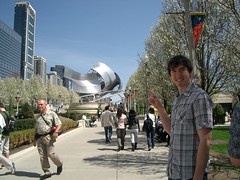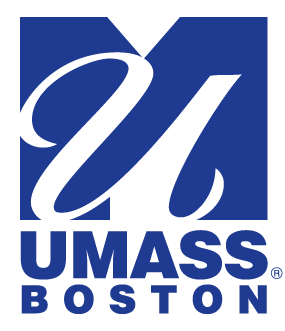Dropping off the face of the vista-planet
Categories:
It's recently come to my attention that I have disappeared from the face of the vista planet. So I have a small update.
Since March, this is what I have been doing at BNN:
- Taking inventory on new equipment
- Going and presenting our summer teen program at summer opprotunities fairs
- Learning how to use the new equipment
- Editing a BNN program called "Early Works" which is a compliation show of footage from recently trained producers
- Helping set up logistics for our summer program (how many teens, how many groups, how many supervisors)
- Mailing out applications
- Recieving applications back
- Setting up and updating spreadsheets on everyone we sent applications to and ones we've recieved back
- Updating BNN's Community Bulletin Board
- Helping with various mailouts BNN has because I'm apparently a mailout-machiiiiiiine.
Instead of being at the Multimedia center in Roxbury everyday, I'm now there four days a week, and spend one day a week at the cityplace location, mainly for updating the community bulletin board and collecting applications.









 But then a couple weeks ago I stole Ben from Project HQ and we headed over to the newly renovated Yawkey Boys & Girls Club in Roxbury for the
But then a couple weeks ago I stole Ben from Project HQ and we headed over to the newly renovated Yawkey Boys & Girls Club in Roxbury for the 










Comment from danielle martin on May 14, 2007 - 10:45am
We missed you on our lonely little VISTA planet ;) !
-Danielle